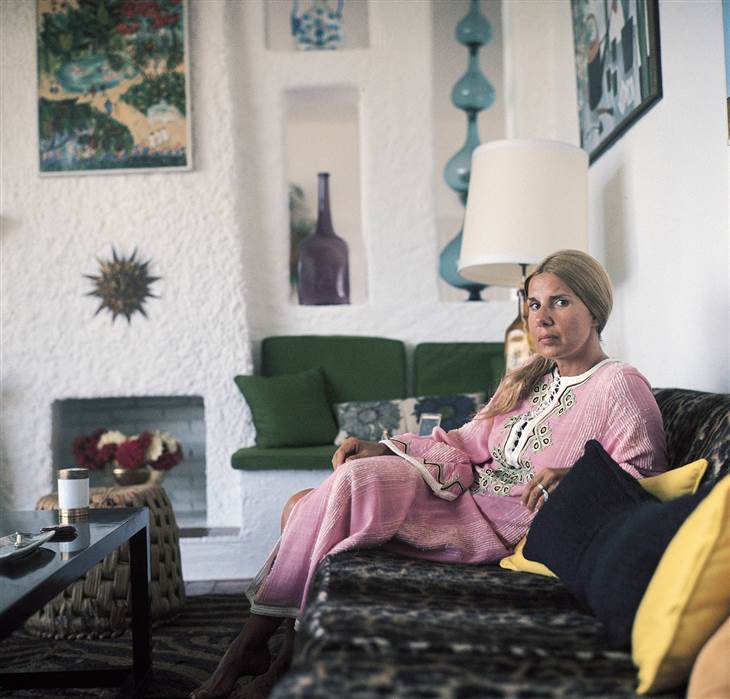
In 1973, Cayetana Fitz-James Stuart y Silva, the Duchess of Alba, walked into her Madrid notary’s office and handed him a sealed envelope. Alongside her were five witnesses.
The world’s most titled noblewoman said the envelope contained a will, but that it was not to be opened until after her death.
When the duchess passed away on November 20 of last year, her notary, Alberto Ballarín had already been retired for several years. But he had not forgotten about the will, and had prepared his successor Alfonso Madridejos to handle the matter.
The time has now come to reveal the contents of the sealed document drafted by one of Spain’s wealthiest individuals, whose assets may be worth as much as €3 billion.
Because this particular will was not drafted in the presence of a notary, it requires the mediation of a judge. Experts agree that while legal, this is a rare choice.
“To make a will and put it inside a sealed envelope without even telling your notary about the contents is a highly exceptional occurrence,” confirms Antonio Viejo, dean of Madrid’s judges. “The normal way of doing things is to go to the notary, describe your assets and state who the beneficiaries should be.”
Legally, a person’s last will revokes any earlier ones that may exist. At the time of her death, all of the duchess’s assets were in the names of her six children. But this mysterious document from the 1970s may contain important information, legal sources said – for instance new information that fills in gaps in the last known will, the existence of previously unknown assets, or new instructions that have not been revoked or that could complement others. “Now all that’s left to do is to wait to see what the duchess wanted 41 years ago, and what she didn’t want anyone to know until after her death,” said one source.
Some time before Christmas, Madridejos took the unopened envelope to Madrid’s central courthouse in Plaza de Castilla. Given the sensitive nature of the document and the duchess’s celebrity status, it was decided not to leave the envelope lying around with all the other cases waiting to be assigned a judge. A civil servant physically took the envelope to the courthouse that would be in charge of the matter to ensure that it was not misplaced or opened by inquisitive third parties.
The court, located in Plaza de los Cubos in central Madrid, has already located the five original witnesses, some of whom passed away years ago. Their handwriting may be analyzed by experts to ensure that they truly signed the will.
It is possible that the judge in charge of the case will hold a session to open the envelope some time later this month. Sources familiar with the case said the envelope is white and not very thick, suggesting it may contain four to five pages.
Concern over the contents of the will has extended to the aristocrat’s six children, whom she had with her first husband, Luis Martínez de Irujo, who died in 1972. Her descendants’ lawyers have already contacted the Madrid courthouse to express an interest in the matter....